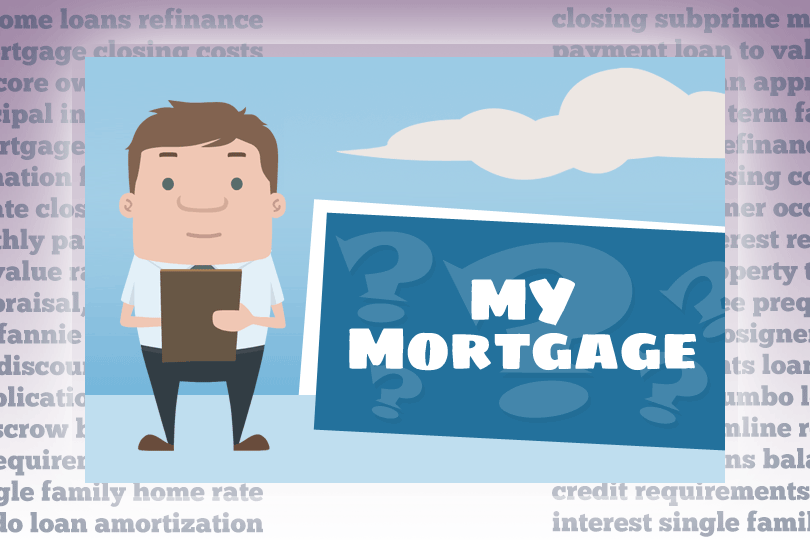Is Waiting to Refinance Your Residential Home a Good Idea?
April 23, 2025
Refinancing without carefully considering your current financial circumstances is never a good idea, but careful planning in the current financial environment is even more important.
One of the primary reasons to hold off on refinancing is when interest rates have risen or haven't decreased much since you obtained your original mortgage.
If current interest rates are worse than your home loan rate, refinancing would likely result in higher monthly payments and an increase in the total interest you pay over the life of the loan.
Consider keeping your current mortgage and waiting for a more favorable interest rate environment. Monitoring economic indicators and mortgage rate trends can help you identify opportunities for refinancing later.
The Cost of Refinancing
Another factor to consider is the cost of the refinancing transaction, especially funding fees and other expenses. Refinancing isn't free; it involves application fees, appraisal fees, title insurance, and closing costs.
If the potential savings from a lower interest rate or more favorable terms are not substantial enough to offset these upfront costs over a reasonable period, refinancing might not be worthwhile. A good rule of thumb is to calculate your "break-even point," which is how long it will take for your monthly savings to recoup the refinancing costs.
If this period is too long, especially if you don't plan to stay in your home for an extended time, waiting might be the smarter choice.
Borrower Needs
What are your financial needs and goals? If you are planning to move soon, refinancing might not be beneficial, as you may not stay in the home long enough to recoup the associated costs.
Taking on a new mortgage obligation might not be advisable if you face uncertainty with your employment or credit.
Another reason to wait is if your current mortgage has a very low interest rate. Even a slight decrease in market rates might not be enough to justify the move. Do you currently have a mortgage with an interest rate below 4%? The potential savings from refinancing to an even lower rate are minimal and could be outweighed by the refinancing fees.
FHA and Non-FHA Loans
Consider also the specifics of your current mortgage. Non-FHA borrowers may have a prepayment penalty on the existing loan, and the cost of refinancing could be higher in these cases. A prepayment penalty is a fee the lender charges if you pay off your mortgage early, including through refinancing.
Before considering refinancing, reviewing your loan documents for a conventional or non-FHA loan is crucial to determine if such a penalty exists and factor the expense into your refinancing calculations.

FHA Loan Articles
November 22, 2023In the last days of November 2023, mortgage loan rates flirted with the 8% range but have since backed away, showing small but continued improvement. What does this mean for house hunters considering their options to become homeowners soon?
November 4, 2023In May 2023, USA Today published some facts and figures about the state of the housing market in America. If you are weighing your options for an FHA mortgage and trying to decide if it’s cheaper to buy or rent, your zip code may have a lot to do with the answers you get.
October 14, 2023FHA loan limits serve as a crucial mechanism to balance financial sustainability, regional variations in housing costs, and the agency's mission to promote homeownership, particularly for those with limited financial resources.
September 25, 2023Mortgage rates are hitting prospective homeowners hard this year and are approaching 8%, a rate that didn't seem very likely last winter. With so many people priced out of the market by the combination of high rates and a dwindling supply of homes.
September 19, 2023The FHA Handbook serves as a crucial resource for mortgage lenders, appraisers, underwriters, and other professionals involved in the origination and servicing of FHA-insured home loans. It outlines the policies and requirements for FHA-insured mortgages.







